Children grow up faster than ever before, and their needs constantly change. As a parent or guardian, it’s important to be up-to-date on the latest trends in child development to provide the best possible care for your loved ones.
One of the most important trends in child development is cross-cultural parenting. This means that parents should prepare to raise their children with various cultural values and beliefs to help them develop a well-rounded personality.
Keeping your children safe is everyone’s responsibility. Here are 15 practical tips to help you keep them safe from harm. Whether you are a parent, guardian, or caretaker, arming yourself with the knowledge. In this article can make all the difference in the safety of your loved ones. Read on for helpful information on personal safety, social media safety, stranger danger, cyberbullying, and more.
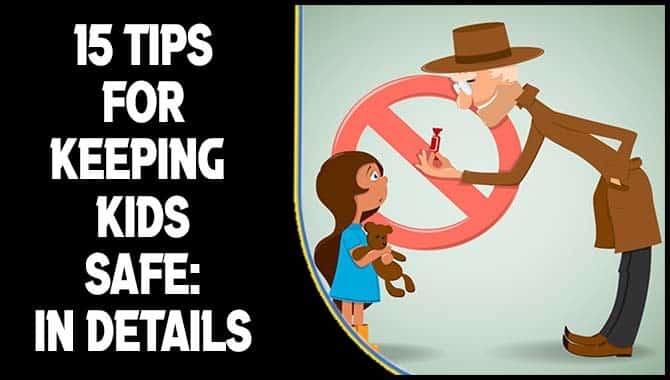
15 Tips For Keeping Kids Safe
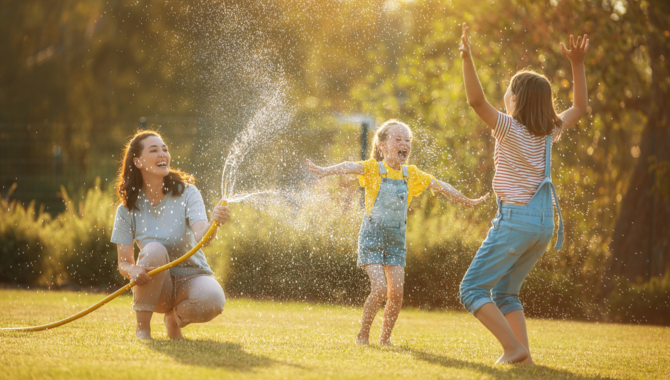
Kids are growing up faster than ever before, and as they do. They’re learning more and more about the world around them. Parents, you must talk to your kids about safe online behavior. Keeping your kids safe is always a top priority; no one knows this better than parents. Here are 15 tips to help you out:
1. Establish Personal Safety Boundaries For Your Children

One of the best ways to keep your children safe is to establish personal safety boundaries. This means setting rules and guidelines that will help keep them safe both indoors and outdoors. Children need to know when they can and cannot go places and with whom they can or cannot interact. This includes setting rules about who is allowed in the home, neighborhood. And school zones and specifying where children are allowed to play outdoors.
2. Teach Your Kids How To Use Social Media Safely
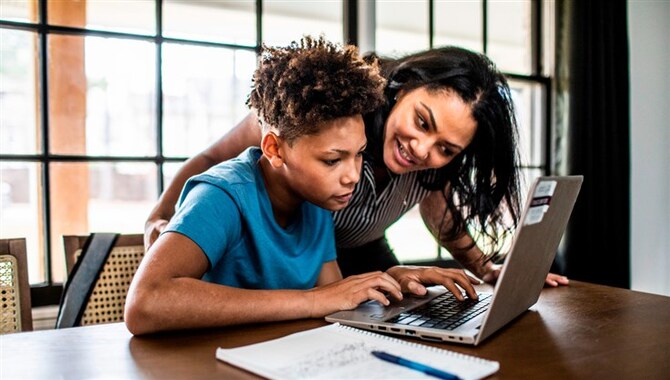
Social media platforms are a fantastic way for families to connect. But kids must understand the risks involved before signing up for an account (or using one that someone else has set up). In particular, discuss cyber safety tips. Such as never sharing personal information online, password-protecting accounts, and ensuring that devices are properly secured.
3. Make Your Home Safe
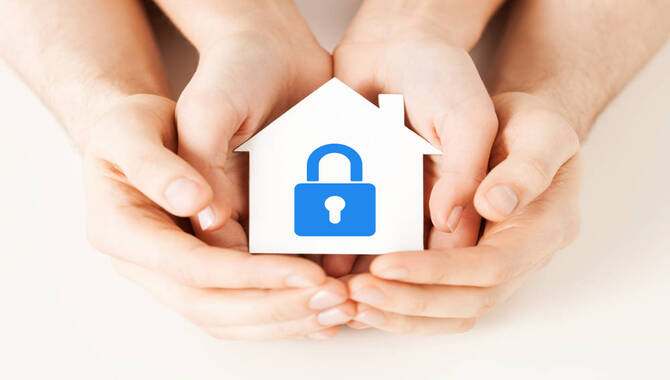
It’s important to make your home safe for your kids, and there are a few things you can do to help. Keep doors and windows locked when you’re not in the house. This will help deter burglars and ensure that your children don’t wander off and get into trouble. Teach your children how to avoid traps and other dangers in the home (such as going upstairs alone). And have a plan for what to do if an emergency arises. Also, install security features on doors and windows, such as locks or alarm systems.
4. Respect Stranger Danger
Respect stranger danger. Always be aware of your surroundings and keep an eye out for people you don’t know. If you see something suspicious, don’t hesitate to report it to a trusted adult. If you don’t know somebody well enough to let them spend time with your child unsupervised. It’s best to avoid socializing with them in public. While it may be tempting to talk with someone you don’t know well, doing so could put your child at risk.
5. Keep Kids Safe Online

Keeping kids safe online can be a daunting task. But there are some simple steps that you can take to help make things easier. Use common sense when it comes to online activities. For example, make sure they understand that never sharing personal information (such as their name or address) on social media is always risky and that they should only connect with people they know through approved channels (like email or messaging).
6. Encourage Good Digital Hygiene Habits
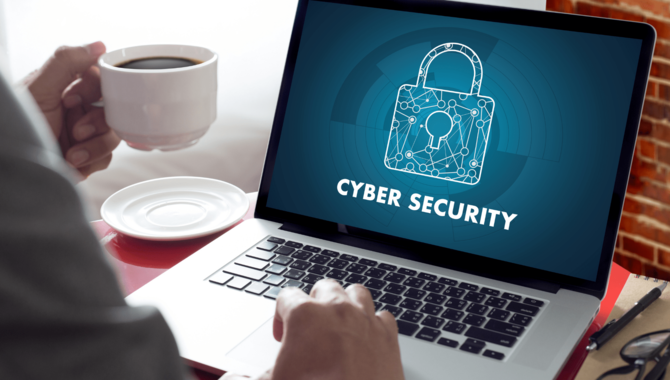
One of the most important things you can do to keep your kids safe regarding digital devices is to encourage good digital hygiene habits. This means they should always use safety features like passwords, encryption, and whitelisting on their devices. This means teaching kids how to password-protect their devices and accounts. Use ad blockers and privacy settings on social media platforms. And never share personal information online without permission.
7. Be A Role Model

As parents, it’s our responsibility to set a good example for our kids. We need to be careful not to do anything that could lead them to do harm or become delinquent. Show your kids that it’s important to be safe online by using common sense yourself – for example, don’t post pictures of your private life unless you’re willing to share them with everyone who follows you on social media.
8. Respect Local Laws

When keeping kids safe, it’s important to respect local laws. This means that you should always be aware of the safety regulations in your country and ensure that your children are following them. It’s always best to check the local laws before taking any safety precautions – for example, in some countries, it is against the law to take photos or videos of people without their permission.
9. Educate Yourself
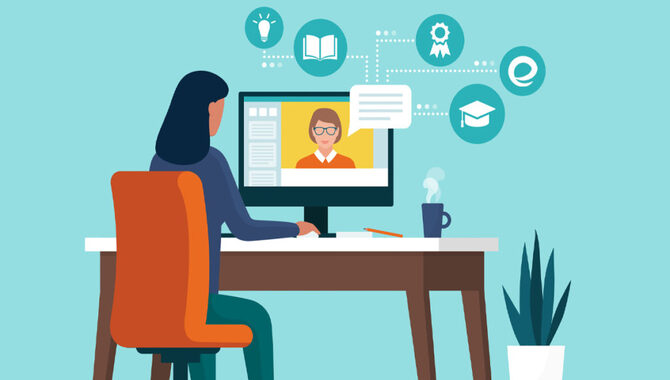
Keeping your kids safe online is critically important, and there are a few things you can do to help make sure that happens. The first step is to educate yourself about the dangers of online threats and cyberbullying. You need to be aware of the types of attacks that are possible and how to protect yourself from them.
You also need to set clear boundaries for your children’s internet use. Ensure they know when and where to use the internet and what activities are off-limits. Be aware of the latest safety tips and trends, and arm yourself with knowledge about online security protocols – for example, understanding how to use parental controls on devices.
10. Stay Connected
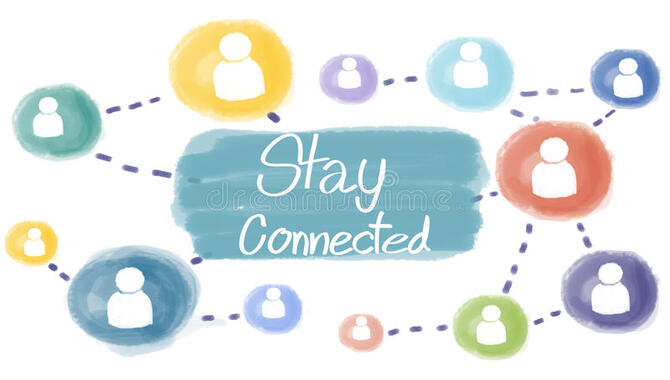
One of the best ways to keep your kids safe is to stay connected with them. You can do this by using various forms of communication, such as email, text, and social media. You should also make sure that you’re monitoring your children’s online activity. If an emergency does arise and you need to contact your child’s caregiver or friend, have their phone number handy, so you can reach them without disturbing them (or leave a voicemail if necessary).
11. Keep An Eye On The News

It’s important to keep an eye on the news to stay informed about potential dangers your kids may face. Some of the most dangerous things that children can encounter are kidnappings, school shootings, and poisonous spiders.
So it’s important to monitor local news reports and keep up to date on any safety alerts that may be issued. You can also talk to your kids about what to do if they see something suspicious or scary. If something problematic comes up in the world, be sure to mention it to your kids – for example, if there’s a high-profile terrorist attack or natural disaster happening overseas.
12. Make Safety A Family Priority

It’s important to make safety a family priority and teach your children how to protect themselves from danger. Stay away from people or places that look unsafe. Report any suspicious activity to an adult as soon as possible. Stay informed about new safety trends to be alert for possible threats. Work together as a team to keep your child safe – talk about online safety issues and decide which precautions are necessary as a unit.
13. Celebrate Successes Rather Than Dwelling On Risks

One of the best ways to keep your kids safe is to celebrate their successes rather than dwelling on the risks. When your child comes home from school and tells you about their great report card, thank them for their hard work and encourage them to keep up the good work. This will help take the focus off of potential dangers and put it on positive things.
Celebrate the successes – even when things go wrong. This will help reduce anxiety and stress, making it easier for your child to cope with dangerous situations. When things go well, remember to enjoy the moment. Kids learn best by experiencing positive pathways along with negative ones (for example, learning how to swim by struggling through a difficult pool session).
14. Be Patient

It can be tough to keep kids safe online, but it’s important to remember that it takes time to change their behavior. It might take a few weeks or even months to start behaving more responsibly, but eventually, they will learn what is acceptable and what isn’t. One of the most important things you can do is set clear boundaries for your children.
Make sure they know why certain rules are in place and what will happen if they break them. You also need to be consistent in enforcing these rules, no matter how difficult it might be. It can take some time for kids to get used to the idea of safety online, so be prepared for setbacks along the way. Remain positive and supportive, and give your kid room to experiment – after all, they’re still learning.
15. Don’t Be Afraid To Speak Up
It can be hard to know what to do when something bad happens, but it’s important to remember that you don’t have to be a perfect parent. Sometimes it can be better to just speak up and get things sorted out. If you see something unsafe online or in person, do not hesitate to say something – preferably in a non-confrontational way to allow for a resolution.
Conclusion
Kids are always learning and growing, and this means that they’re constantly exploring new things. They love to play games, explore their environment, and try out new things – which is probably why they’re so curious and inventive. Kids are quite ingenious when it comes to problem-solving. They often come up with solutions that adults wouldn’t even think of.
It’s no secret that parents have a lot of responsibilities when it comes to keeping their kids safe. From ensuring that their children are properly supervised to teaching them about healthy lifestyle habits, parents must put in a lot of hard work to keep their children safe. We have compiled a list of 15 tips to help you keep your kids safe in every possible way. From making sure they know how to behave in public to teaching them how to stay safe online, these tips will help you to create a safe and secure home for your children.
Frequently Asked Questions
1.How Can I Keep My Children Safe Online?
Ans: The best way to keep your children safe online will vary depending on their age and personal safety concerns. However, some general tips that may be useful include:
Teach your kids about good internet habits (e.g., how to stay safe with social media use, preventing cyber bullying), setting strong parental controls on their devices (to restrict access to inappropriate content and impose limits on phone usage). Monitoring what they’re doing online constantly (and enforcing boundaries if necessary), and never allowing them unsupervised access to technology.
2.What Are Some Of The Warning Signs That My Child Is Being Abused?
Ans: There are many warning signs that a child may be in danger of abuse, so it’s important to be aware of the possible signs. Here are a few to consider:
1. Changes in eating habits – A child being abused may start skipping meals and eating only junk food. This is often a sign that the child is not getting the nutrition they need and may be trying to lose weight to avoid harm.
2. Excessive anger or violence – If a child becomes extremely angry without provocation, this could be a sign of being abusive towards others. The child may also start hitting themselves or other family members without reason.
3.How Can I Prevent My Children From Being Injured At Home Or School?
Ans: The best way to prevent your children from being injured at home or school will vary depending on their age and personal safety concerns. However, some general tips that may be useful include:
Teaching them how to use common safety precautions (e.g., keeping doors closed when they’re not in use, supervising when using power tools). Enforcing Guidelines for Safe Home & School Environments (available online or from your local department of social services) and contacting a teacher/parent liaison if there are any concerning behaviors relating to violence or safety.
4.What Should I Do If I Witness A Crime Happening In My Community?
Ans: If you witness a crime, the best thing to do is approach the victim and offer help. Often, the victim may feel scared or alone and appreciate your support. You can also try to get information about what happened from the victim and maybe even try to prevent further violence by reporting what you’ve seen to the police or another emergency services agency.
It’s also helpful to take a picture of the scene or record a video of what has happened. This can be extremely useful in helping investigators better understand what took place and might help them catch the perpetrator(s).
5.Are There Other Safety Tips You Can Share With Me To Help Keep My Kids Safe?”
Ans: One of the best ways to keep your kids safe online is to install security cameras in a common area of your house, such as the front door. This way, you can always keep an eye on them and ensure they’re safe. In addition, make sure that you teach your kids about stranger danger and how to identify scams.
Teach them never to give away personal information without first asking for permission, and have a conversation about online safety with them from an early age. This will help set healthy cyber-behavior habits from a young age which will last into adulthood.

Leave a Reply